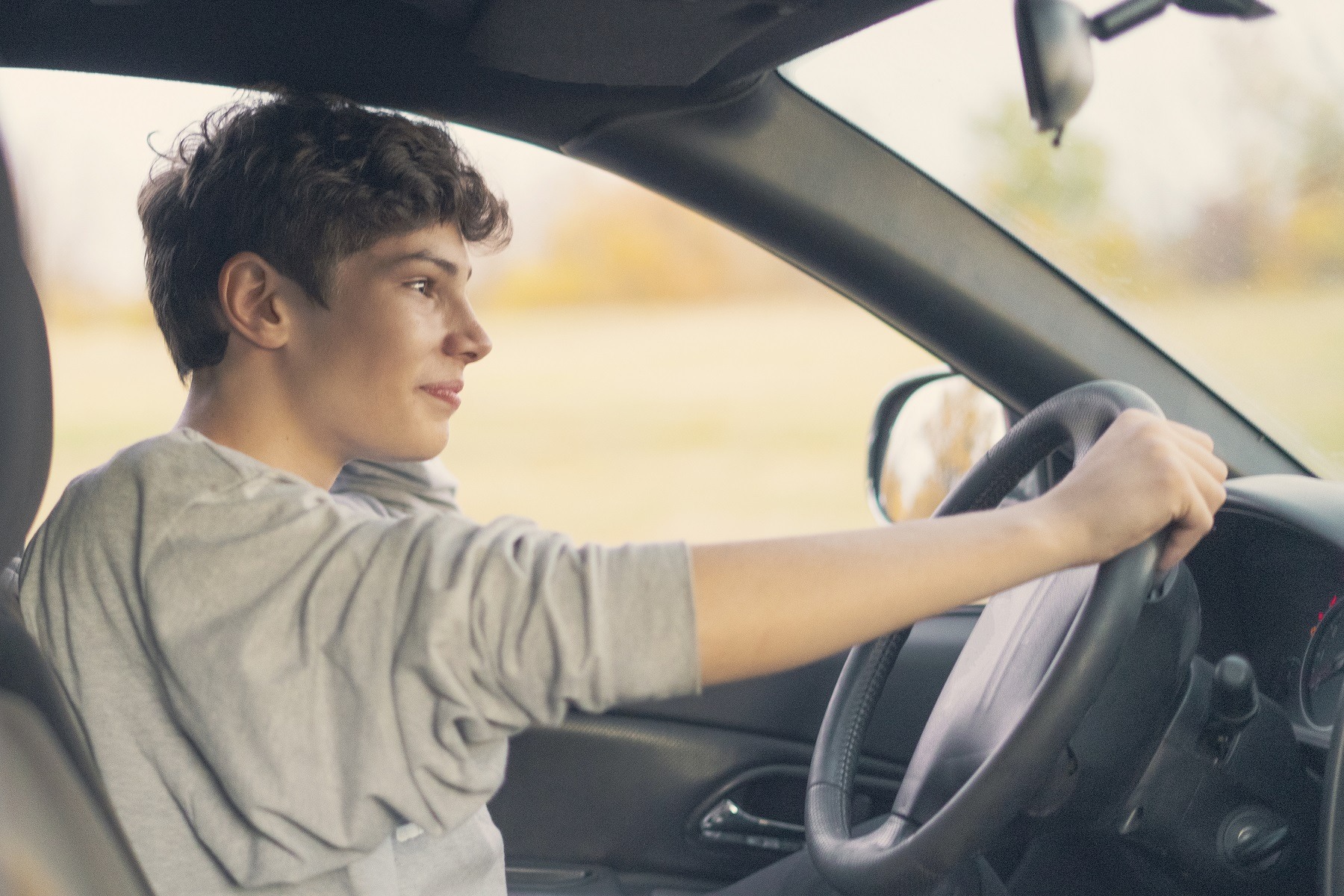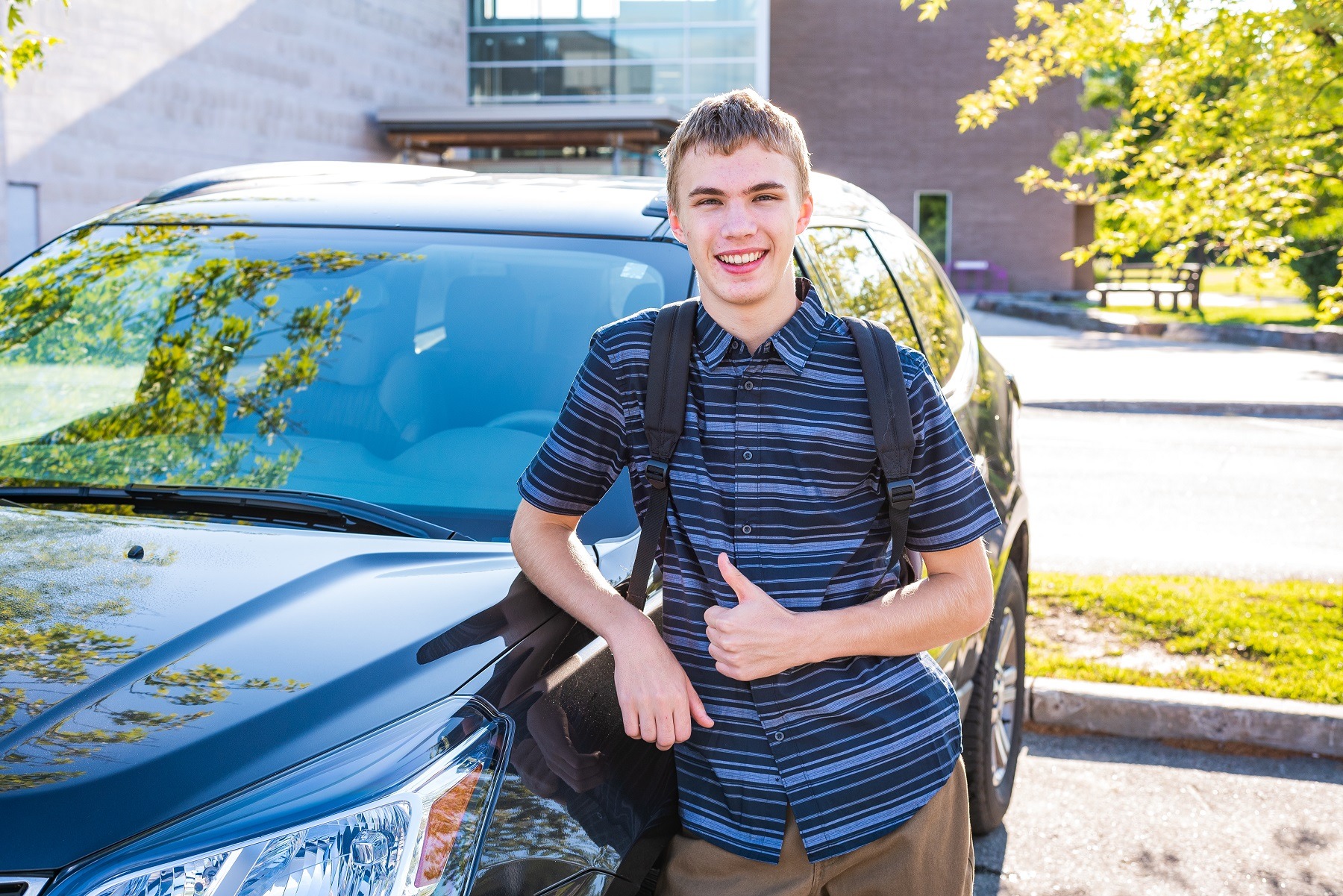
Young drivers in Texas have to face many challenges when getting behind a vehicle. For starters, they have a limited number of hours on the road and experience driving and operating a motorized vehicle. They have to learn not only how to safely drive on dry roads in the day but also how to drive at night and in different weather conditions, including rain, snow, and fog.
Next, they have to overcome short attention spans. In today’s technologically advanced society, all teens have grown up with access to smartphones, tablets, and the internet. They are among the largest segment that uses social media and text messaging.
As such, it is easy for teens to lose focus when driving when they hear their smartphone alert them of a new text message or social media status update. They also lack the control to not pick up the phone when driving to check it. This has led to an increase in distracted driving car crashes nationwide.
To combat the problem, most states have enacted new distracted driving laws. For example, texting and driving in Texas is illegal. Furthermore, many states have created zero-tolerance laws for drivers under the age of 21.
These laws mean that doing certain things while driving, like texting, will not be tolerated. If you are caught by the police, not only will you get a ticket for breaking the law, but you will potentially face losing your license.
Other Conditions That Affect Attention Allocation
Teenagers are still developing mentally and physically. This means their attention maturation is not yet fully matured. Furthermore, other habits like using drugs or alcohol or not getting sufficient sleep can affect their ability to concentrate and focus on what they are doing—like driving a car.
Many teens also have temporary moments where they lose focus when behind the wheel—like talking to passengers, having to take their eyes off the road to look at vehicle controls, or allowing their minds to wander because they are “bored.”
How Distracted Driving Causes Car Crashes
When the mind is not concentrating on driving, it means we are not attending to essential driving tasks. This can lead to a failure to respond quickly when we need to make adjustments to driving.
For example, glancing down for even two seconds takes our eyes off the road. In the blink of an eye, the car in front could slow down or stop suddenly. Now there is insufficient time to react and it results in a rear-end car crash.
What Can Teens Do to Become Safer Drivers?
There are several things teens can do to become safer drivers and maintain their focus on driving, such as:

- Never drive when you are tired, sleepy, or drowsy.
- Never drive if you have taken drugs or consumed alcohol.
- Slow down when driving in conditions you are not familiar with.
- Don’t be afraid to find somewhere to park and call a parent for help if road conditions deteriorate and you know you cannot safely drive.
- Put the smartphone away and shut it off.
- Limit the number of passengers in the vehicle.
- Turn off the radio and eliminate other distractions.
- Take time to familiarize yourself with vehicle controls.
You should also complete a Texas defensive driving course online or an equivalent in your state. This course will review the current traffic laws for your state. The course also teaches how to drive defensively and promotes safe driving habits.
To register and enroll in a Texas defensive driving course online or other state-approved courses, please feel free to sign up at Ticket School today! You can also call us at (800) 558-9887 if you have further questions.
